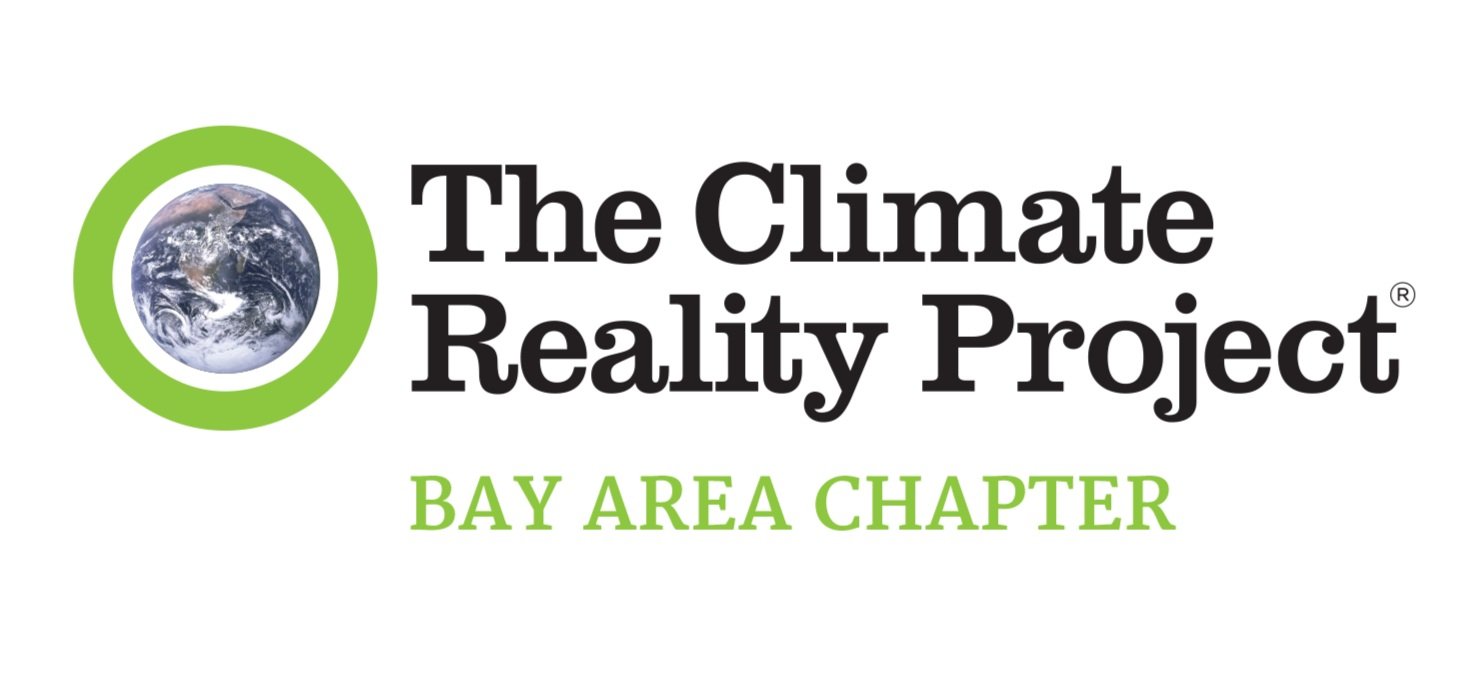This convening of the monthly Climate Reality Bay Area Chapter Indigenous Voices Reading and Listening Circle series will focus on Native perspectives on National Parks, American conservation and environmental movements.
The Reading and Listening Circles are facilitated by Bay Area Chapter Climate Justice team Co-Chairs, Alma Soongi Beck and S. Louie. Part of an Indigenous Voices Speaker Series launched by the Climate Justice team in May 2021, the circle meets monthly on the last Thursday of each month, 5:30-7 p.m. Pacific time, and will continue to convene at least through May of 2023 (probably longer!).
Following the lead of the Sogorea Te' Land Trust, a San Francisco Bay Area organization led by urban Indigenous women that facilitates the return of Indigenous land to Indigenous people, we read together and discuss articles and books from the Recommended Reading List offered on the Sogorea Te' Land Trust website, and other media such as music and podcasts from Indigenous artists and creators.
Specific reading selections for the May 25 Circle:
This month's suggestions complement our May 31 Indigenous Speaker event titled Land Back and Climate Justice in Marin County.
Point Reyes National Seashore
The Alliance For Felix Cove "aims to re-indigenize the ancestral homelands of the Felix Family—the last Tomalko family to live on the western shores of Tomales Bay at Felix Cove known as Laird’s Landing." The Alliance's founder and director, Theresa Harlan, calls for the use of Traditional Ecological Knowledge (TEK) to heal Point Reyes in A Turning Point For Point Reyes (8 minute video), Indigenous Roots of Point Reyes Need To Be Preserved, Shared (Marin Independent Journal article), and The Rematriation of Coast Miwok Ancestral Homelands (KPFA audio interview). Tamál Húye: Coast Miwoks Fight For Recognition of Point Reyes' Indigenous History (North Bay Bohemian article).
June 2021 KPFA interview about the Tule elk of Point Reyes, with Joseph Sanchez and Jason Deschler of the Coast Miwok Tribal Council of Marin (interview starts at minute 31).
Margaret Minnick (settler), "Potential for Coastal Wetland Blue Carbon Offset Projects in the Point Reyes Area" (MA thesis, University of Oregon, pdf link), pp. 18-19: "California has been predicted to lose 99 percent (496 ha, or 1,225 ac) of coastal wetlands . . . . Saline wetlands are carbon sequestration hotspots, with a higher carbon burial rate per unit area than freshwater wetlands and forests . . . When diked and drained for agriculture or development, or otherwise degraded, saline wetlands lose their function as carbon sinks and contribute to anthropogenic GHG emissions by releasing substantial amounts of carbon . . . Excessive nutrient inputs and erosion from the watershed have been shown to reduce the carbon sequestration rate of intact and restored coastal wetlands . . . Evidence of these impacts to coastal wetlands in the Point Reyes Area already exists in water quality data and is largely attributed to agricultural activities, primarily cattle grazing."
National Oceanic and Atmospheric Administration (NOAA), Coastal Blue Carbon
Cultural Burning
Native Seed Pod podcast, Rekindling Native California Ecologies Part 2 with Ed "Redbird" Willie (Pomo/ Paiute/Wailaki/Wintu): the topic of cultural burning starts at minute 18 (includes discussion of an ancient, fire-dependent "dogbane patch" in the same location as a Santa Rosa neighborhood that burned in the 2017 Tubbs Fire, and an ancient fire path from the municipalities of Fairfax to Bolinas, in Marin County).
Pyrogeographer Don Hankins (Plains Miwok) was interviewed by the Good Fire podcast (text excerpts and highlights are at the link), and he is the author of the article "Reading The Landscape For Fire" for Bay Nature magazine: "The places I burn are places I have a relationship with or responsibility to. This is a difference that sets Indigenous burning apart from other burning practices; being able to return to the burned area to collect plant materials or hunt for mushrooms or wildlife is a reward of careful stewardship. It ensures accountability."
Pyrogeographer Crystal A. Holden (settler), "We're Not Doing Enough Prescribed Fire in the Western United States to Mitigate Wildfire Risk," Fire 2019, 2(2), 30: "Prescribed fire not only reduces the biomass available to burn in a subsequent uncontrolled wildfire, it also supports carbon sequestration, facilitates ecological resilience, and is critical in restoring ecological function."
National Parks, Conservation, and "Wilderness"
Cal Poly Humboldt video, June 2022, "Nobody Asked You John Muir: Settler Colonial Environmentalism, White Supremacy, and Sustainability" featuring Dr Kaitlin Reed (Yurok/Hupa/Oneida), Dr. Sarah Ray (settler), Dr. Heather Ponchetti Daly (Iipay Nation of Santa Ysabel)
Native America Calling podcast, "The Dark Side of Land Conservation" April 14, 2023: "We take a look at a new graphic comic by Gord Hill (member of the Kwakwaka’wakw nation) and a series of articles from Grist which reveal the bloody legacy of conservation in light of the current push to preserve 30% of the Earth’s land by 2030 with Tristan Ahtone (Kiowa), editor-at-large at Grist; environmental journalist Blanca Begert; and Maria Parazo Rose, spatial data analyst at Grist."
Kyle Powys Whyte (Potowatomi), "White Allies, Let's Be Honest About Decolonization," Yes! Magazine, April 2018: "National parks, ecological restoration projects, conservation zones, and even the uses of certain terms—especially “wilderness”—are associated with forced displacement of entire communities, erasure of Indigenous histories in education and public memory, economic marginalization, and violations of cultural and political rights."
If you’re interested in a low pressure, high connection way to hang out, learn, and reflect together about decolonization, rematriation, and how communities are healing the history of the land and our relationship to it, come join us!
